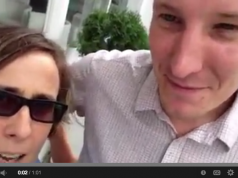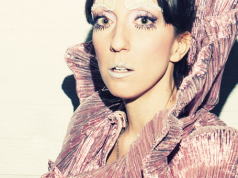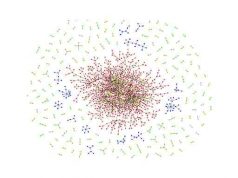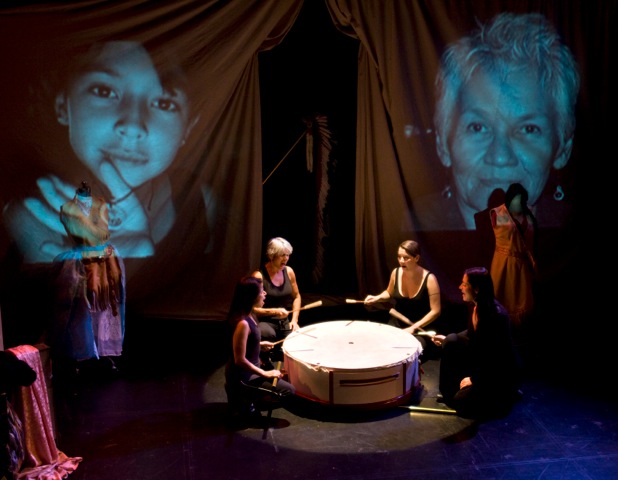
An artist whose work I admire tremendously recently said to me, “ Your history is in ruins, it’s a barrier to moving forward, leave it behind.”
I think my colleague fancies himself post-racial, post-cultural. It’s not a new argument, it is in fact the one we as First Nations have been hearing for – well – centuries. It is the White Paper of 1969, the Indian Act of 1876 and its hundred years of amendments, the Gradual Civilization Act of 1857. All these acts were intended to help the First Nations here in what we agree to call Canada leave our ruinous history behind. It would be impolite of me to mention that these acts largely contributed to the ruination in the first place.
After a couple of hundred years of failed experiments in erasure and assimilation, I would like to suggest to my colleague that it is just not going to happen, we are just not going to get over it. His post-racial, post-cultural stance is antithetical to an Indigenous worldview, which insists on connections, connections between where we come from, our ancestors, all our relations, and those who come after, our descendents, whether literal or metaphoric, blood or art.
In the spring, I participated in the Idle No More iteration of Praxis/Theatre Centre’s Civil Debates. I was lucky enough to sit in the circle with Anishinabe artist/curator Wanda Nanibush and Anishinabe scholar Hayden King. The resolution that we were to address was “that the issues that created the Idle No More movement require extreme methods to achieve change”. In true Anishinabe fashion, we suggested that we eschew the parliamentary model of confrontational debate and instead sit in circle with whoever showed up to discuss the issue. At one point, Hayden referred the “Indigneous moral compass” that is so different from the values held by “Canadians”. When asked to elaborate, he offered three main ways in which the value systems differed: Indigenous worldview values community over the individual; women as leaders; and humility. By humility, he explained, he meant an understanding of one’s place in the world, in relation to everything, air and water and animals and other people.
I was gratified to hear Hayden list those values extempore, because they are values I hold, but sometimes, watching the events of the world, the events in this country, I think I must be crazy to hang on to those values, much less try to live them. And yet I do, I do believe that this worldview is the way we are going to move forward here, in a good way.
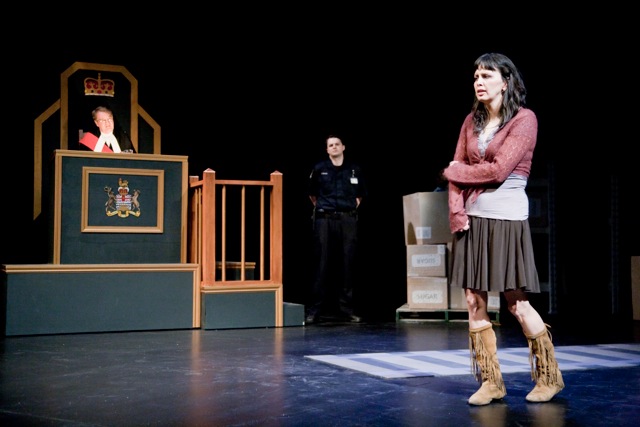
George Ryga was commissioned to write a play to celebrate Canada’s centennial in 1967. The play he wrote was The Ecstasy of Rita Joe, which marks, arguably, the beginning of an indigenous (small “i”) Canadian theatre. The play he wrote was not a celebration of 100 years of nationhood, but a searing look at the relationship between the settlers and the First people, a hundred years on. Near the end of the play, the magistrate sentences Rita Joe to jail and dismisses her with “I worry for the child I once saw… I’ve already forgotten the woman!” He speaks directly to her, and erases her in the same moment.
This is the problem with the post-racial, post-cultural impulse. “Post” refers not to your culture and race and value system, but to mine. If I cannot become like you, then I am clinging to my ruinous history, and it is a barrier to me becoming like you. And if I refuse to become like you, you can, like the magistrate, just erase me from your view.
But I am not unhopeful. I feel a change a-coming. I think as more of us articulate the values of connection, of community, and of humility, we will start to see each other, and to see that we can belong to larger community, and that we have power. We have our bodies and our voices, we have our stories. We tell those stories of how we got here, how we exist here together, on street corners and in theatres, online and in person, in small rooms and large. My history is not just my history, it’s our history, yours and mine. It informs who we are now, and how we go forward. All my relations.






